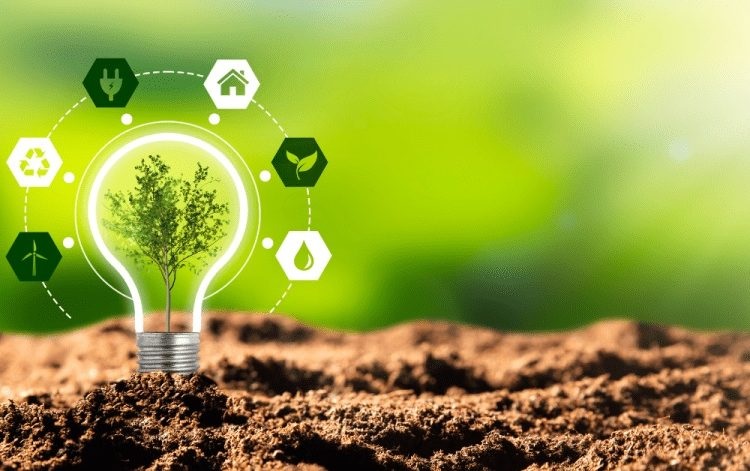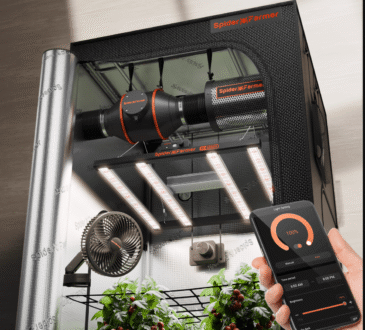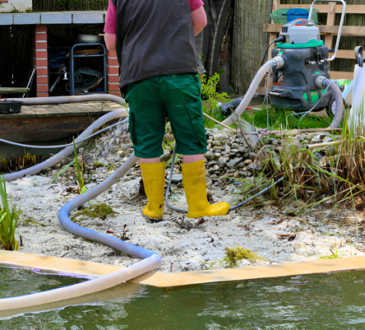
In an era where environmental consciousness is paramount, industries across the globe are shifting towards greener and more sustainable practices. Dosing systems, crucial for precise and controlled delivery of chemicals in various processes, are no exception. The integration of green technology into dosing systems is becoming increasingly imperative to minimize environmental impact, reduce resource consumption, and foster a more sustainable future.
Energy-Efficient Dosing Systems:
One of the key aspects of green technology in dosing systems is the development of energy-efficient solutions. Traditional Dosing systems typically require a significant amount of energy consumption, leading to high operating costs and environmental degradation. Future dosing systems are expected to incorporate smart technologies such as sensors and automation to optimize the dosing process, minimizing energy consumption without compromising efficiency.
Renewable Energy Sources:
Using renewable energy is another promising avenue for green metering systems. Solar and aerial power can support the development of metering systems by reducing carbon emissions and relying on consistent energy sources. Integrating renewable energy into dosing systems not only aligns with sustainability goals but also offers a more resilient and decentralized approach to powering industrial processes.
Precision and Reduced Waste:
Green dosing systems will prioritize precision in chemical delivery, ensuring that only the required amount of chemicals is dispensed. This not only enhances the efficiency of processes but also minimizes waste. By incorporating advanced sensors, real-time monitoring, and data analytics, dosing systems can adapt to varying conditions, adjusting the dosage to match the specific needs of the application. This precision leads to reduced waste, lower environmental impact, and cost savings for industries.
Biodegradable and Environmentally Friendly Chemicals:
The chemicals used in dosing systems are receiving increased scrutiny due to their potential environmental impact. The future of dosing systems lies in the utilization of biodegradable and environmentally friendly chemicals. This shift not only addresses concerns about pollution but also promotes the development of sustainable alternatives that are safer for both the environment and human health.
Remote Monitoring and Control:
Green technology in dosing systems includes the implementation of remote monitoring and control capabilities. This allows operators to manage dosing processes from a distance, optimizing operations and reducing the need for on-site personnel. By leveraging the Internet of Things (IoT) and cloud-based platforms, industries can enhance the efficiency of dosing systems while minimizing their ecological footprint.
Life Cycle Assessments:
To ensure the overall sustainability of dosing systems, future technologies will likely incorporate comprehensive life cycle assessments. This also includes assessing the environmental impact of the allocation system from raw material extraction through production, use, disposal and final recycling. Understanding the complete life cycle enables industries to make informed decisions about the most sustainable practices and materials.
As industries continue to grapple with the challenges of environmental sustainability, dosing systems are poised to undergo a transformation through the integration of green technology. The future holds a promise of energy-efficient, precision-focused, and environmentally conscious dosing systems. By embracing renewable energy, biodegradable chemicals, and advanced monitoring and control technologies, industries can contribute to a more sustainable future while maintaining the efficiency and reliability of their processes. The journey toward green dosing systems is not just an evolution in technology; it is a commitment to responsible and conscientious industrial practices.



